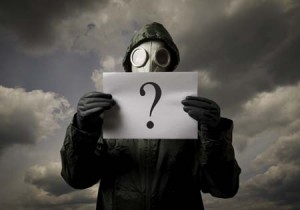Post developed by Katie Brown in coordination with James Morrow.
The horror in Syria has gripped international attention, especially in recent weeks with the release of images of those killed by chemical weapons. But why would Bashar al-Assad, the President of Syria, use chemical weapons when he is winning the civil war against insurgents?
Center for Political Studies (CPS) Research Professor and A.F.K. Organski Collegiate Professor of World Politics James Morrow recently spoke to this issue on MSNBC’s The Last Word. Assad’s target was a rebel controlled neighborhood in Damascus, the capital of Syria. A large chemical attack would scare other civilians, inducing them to flee for safety. After they left, Assad could move his forces into one the few remaining rebel areas. Morrow also highlights the timing of Assad’s chemical strike: it occurred after the rebels began to lose ground across Syria. Assad used chemical weapons precisely because he is winning.
Morrow’s comments on MSNBC are grounded in his research. In a forthcoming book, Order Within Anarchy, Morrow models violations of the laws of war, like the use of chemical weapons. Violations typically come early in war. When they come later – as in Syria – violations tend to be perpetrated by the winning side. The violation itself increases the perpetrator’s chance to win the war. Thus, Assad’s deployment of chemical weapons could be seen as a coup de grâce.
Yet, Assad also faced a strong global backlash. Obama declared a red line crossed and seemed poised to order counter-attacks on Assad. Such a strike could undo any gain from the chemical weapons. But, Russia – who, with China, blocked approval to counter-attack Syria in the United Nations – proposed an alternative solution: order Assad to surrender his chemical weapons for destruction by international monitors. Obama and Assad agreed to this approach. Last week, Assad received praise for his steps to chemically disarm. And also last week the Nobel Prize committee awarded the Organisation for the Prohibition of Chemical Weapons with the Nobel Peace Prize for its efforts to disarm Syria. But the gains of his use of chemical weapons remain.


